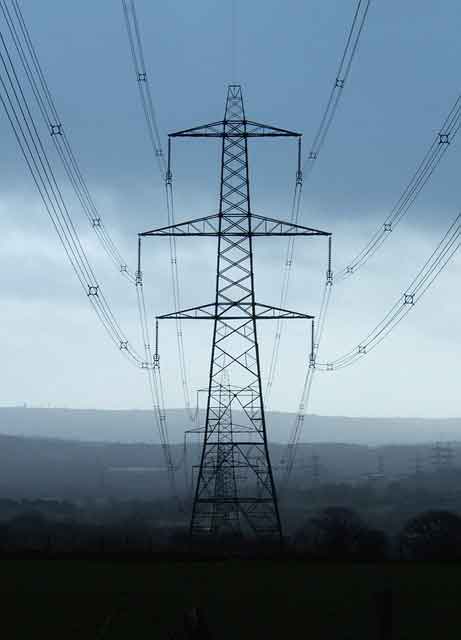Bright ideas that came from Edison
By Investor's Business Daily
Arc Flash Training CSA Z462 - Electrical Safety Essentials
Our customized live online or in‑person group training can be delivered to your staff at your location.

- Live Online
- 6 hours Instructor-led
- Group Training Available
Lessons he taught the world:
• Leap hurdles. Almost totally deaf, Edison (1847-1931) dropped out of school at age 7, notes historian Neil Baldwin, author of "Edison: Inventing the Century." While being home-schooled, he became "endlessly curious and had a strong desire to learn."
By his early teens he was honing skills as an entrepreneur, says Michael Gelb, lead author of "Innovate Like Edison." At age 15, "he developed the first newspaper to be typeset and printed on a moving train," Gelb told IBD.
Edison had been a newsboy; he turned that post into his own profitable sales business. "He then asked, 'Why are we selling someone else's newspaper?' and started his own — with funding from influential locals struck by his charisma and business skills," Gelb said. Edison promoted the newspaper by telegraphing headlines to train stations down the track. By the time he arrived, readers were lining up to buy.
• Beware. Edison learned the lesson of value with his first major invention — the vote-tabulating machine. The device let legislators have their votes counted "instantly and accurately with the press of a button," Gelb said.
The problem? "The machine was too efficient," Alan Axelrod, author of "Edison on Innovation," told IBD. "He took it to Congress, members were impressed — but they didn't want to count votes quickly. They liked the time taken to do a roll-call vote to coerce opposers into changing their minds."
• Plan the back end. From then on, Edison didn't simply invent products. He also ensured they had a market. After inventing the light bulb, he crafted the distribution system — a forerunner of grids and power plants — that lit cities in America and Europe. Said Axelrod: "Inventing the light bulb was a means to an end. The real goal was to sell electricity. From the invention of the light bulb, he was able to sell generating systems, transmission systems (the wires), electric meters, you name it."
• Sound it out. After inventing the phonograph, "he envisioned a system leading to development of the modern recording industry," Gelb said. From his New Jersey headquarters, Edison hired musical talent, produced cylinders (early records), then sold them with the phonograph nationwide.
He used the same marketing model with his movie-projection machine. Without motion pictures to sell, the device was useless.
The solution? He turned part of his New Jersey plant into a motion-picture studio. "He went on to become the world's first influential movie producer," said Axelrod.
Gelb added: "By targeting his markets, he wound up creating three world-changing industries — the power-and-light, motion picture and recording businesses."











